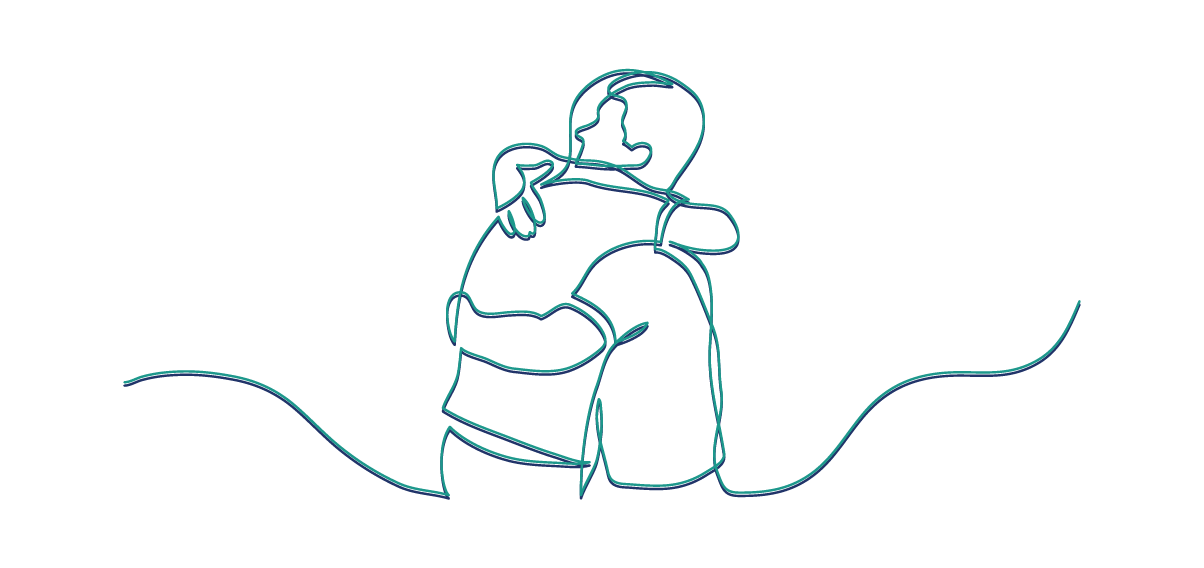Peer Advocates
What is a Peer Advocate?
A peer advocate is an individual with lived experience in the behavioral health system (mental health or substance use) and who has been a recipient of services or a family member of a person receiving services. There are different types of peer advocates who work in different settings and have various roles and responsibilities.
What does a Peer Advocate Do?


A meta-analysis spanning 49 studies and over 12k participants with mental illness found that Peer support has a positive impact on recovery. –Psychiatry Online


According to the Substance Abuse and Mental Health Services Administration (SAMHSA), numerous studies have observed reduced substance use with Peer involvement.


A study published in the National Library of Medicine found evidence that Peer Support significantly reduced both the duration of hospital stays and the likelihood of admission.
You Can Make a Difference!
If you want to learn how to become a Peer Advocate, check out the three categories below.

